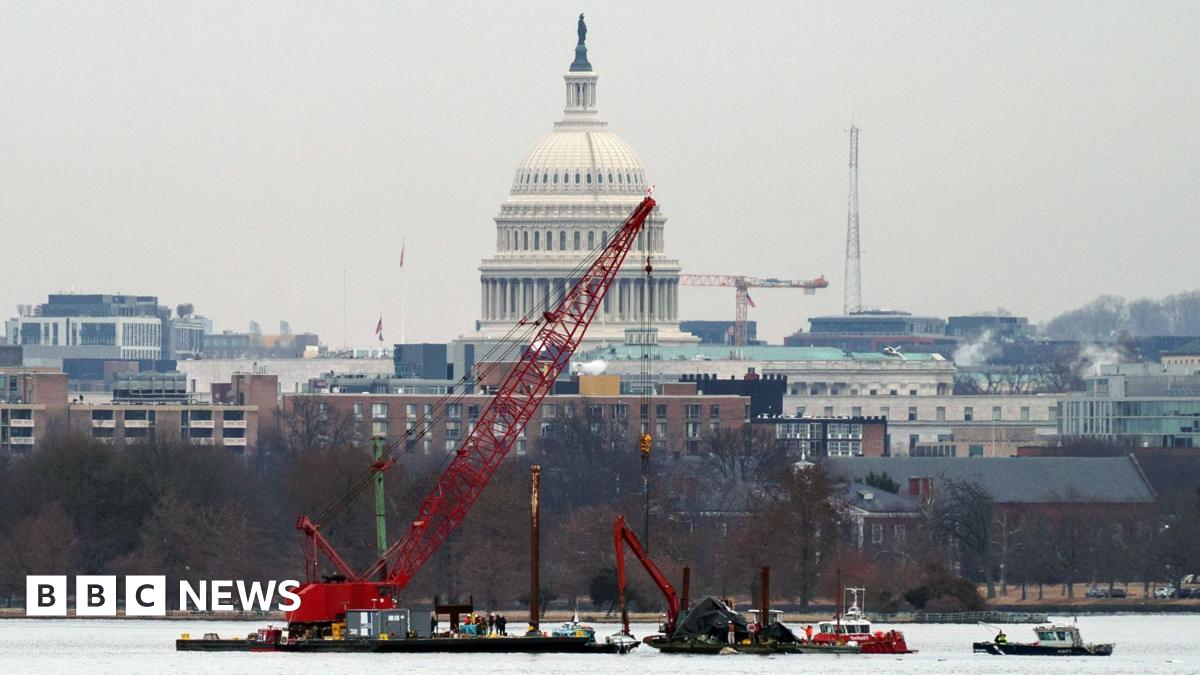El Salvador's Astonishing Transformation: From Gang Violence to a Safer Nation – A Model for Global Security?

The Crisis and the Response
For years, El Salvador was held hostage by powerful gangs, primarily MS-13 and Barrio 18, who controlled vast swathes of territory and terrorized the population. The government's response, under President Nayib Bukele, has been forceful, to say the least. It began with a state of emergency declared in 2022, granting security forces sweeping powers to detain and investigate suspects without due process. This was followed by the construction of several mega prisons, designed to house tens of thousands of gang members.
The Mega Prisons: A Controversial Solution
The most striking element of El Salvador's strategy is the construction of these colossal prisons. The Terrorism Consolidation Center (CECOT), also known as “Terror Castle,” and other similar facilities, have been built to isolate gang leaders and disrupt their operations. Critics argue that the conditions within these prisons are harsh and that the lack of due process violates human rights. Concerns have been raised about overcrowding, limited access to legal representation, and reports of abuse. However, proponents argue that these measures are necessary to contain the gangs and restore order.
The Results: A Significant Drop in Crime
Regardless of the ethical debates, the results are undeniable. The murder rate has fallen dramatically, and citizens report feeling safer. Businesses are returning to areas previously controlled by gangs, and the economy is showing signs of recovery. The government attributes this success to its unwavering commitment to fighting crime, while critics point to the state of emergency and the aggressive tactics employed by security forces.
International Reactions and Comparisons
The United States' declaration that El Salvador is safer than Britain has sparked considerable debate. While the statistics are compelling, it's important to consider the context. El Salvador's population is significantly smaller, and the nature of crime in Britain is different. Nevertheless, El Salvador's experience has prompted discussions about alternative approaches to crime prevention and the potential role of tough measures in restoring security. The model is unlikely to be directly transferable to other nations, but it offers valuable lessons about the importance of strong leadership and decisive action in the face of a crisis.
Looking Ahead: Sustainability and Human Rights
The long-term sustainability of El Salvador's strategy remains to be seen. Addressing the root causes of crime – poverty, inequality, and lack of opportunity – is crucial for preventing a resurgence of gang violence. Furthermore, ensuring that human rights are respected and due process is upheld is essential for maintaining the rule of law and building a just society. El Salvador's journey is a complex and controversial one, but it offers a compelling case study in the challenges of combating crime and the potential for transformative change.






